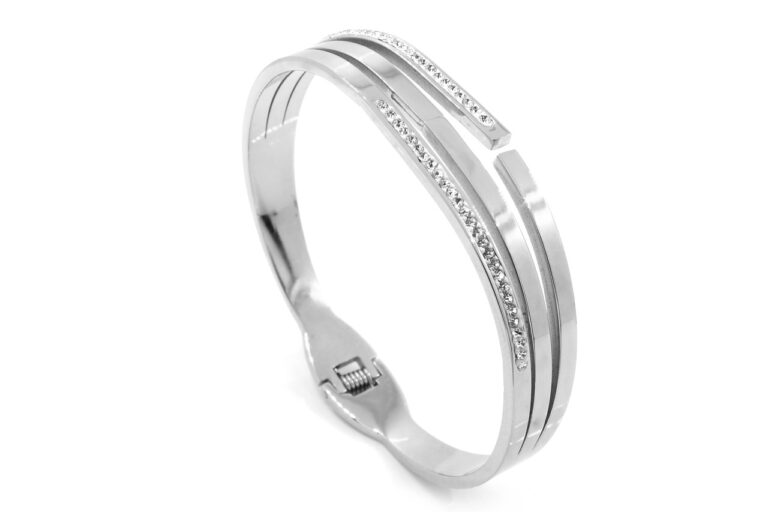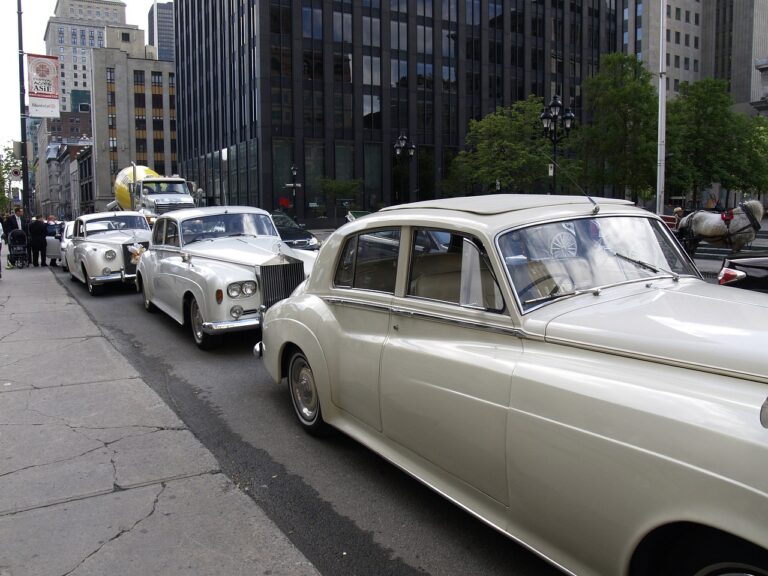Fashion and Social Impact: Brands Addressing Societal Issues
In today’s ever-evolving fashion landscape, sustainability has become a crucial focus for many brands. From using eco-friendly materials to implementing recycling programs, fashion companies are increasingly conscious of their environmental impact. Embracing sustainable practices not only benefits the planet but also appeals to eco-conscious consumers who seek ethically-produced clothing.
By adopting sustainable initiatives, fashion brands are not only reducing their carbon footprint but also setting a positive example for the industry. Whether it’s by partnering with ethical suppliers or incorporating renewable energy sources into their production processes, these companies are paving the way for a more sustainable future in fashion. Consumers are becoming more discerning about the ethics behind the clothes they buy, and brands that prioritize sustainability are well-positioned to thrive in this shifting market.
Brands Supporting Ethical Labor Practices
Promoting fair wages, safe working conditions, and employee rights, several fashion brands are taking a stand against unethical labor practices in their supply chains. By collaborating with ethical manufacturers and conducting regular audits, these brands are ensuring that their workers are treated fairly and with respect throughout the production process.
Moreover, these companies are actively engaging in transparent communication with consumers about their efforts to support ethical labor practices. By being open about their sourcing methods and the steps they are taking to uphold labor standards, these brands are building trust and loyalty among socially-conscious shoppers who value transparency and integrity in the fashion industry.
Fashion Companies Addressing Diversity and Inclusion
Fashion companies across the globe are recognizing the importance of embracing diversity and promoting inclusion within their brands. By actively incorporating diverse models of different races, sizes, and genders in their advertising campaigns and runway shows, these companies are not only representing a more accurate reflection of society but also celebrating the beauty of individuality. This shift towards inclusivity sends a powerful message of acceptance and unity to consumers, fostering a more positive and representative image of the fashion industry.
Moreover, many fashion companies are taking steps to ensure that their workforce represents a diverse range of backgrounds and experiences. By implementing inclusive hiring practices and offering equal opportunities for career growth and development, these brands are prioritizing creating inclusive and welcoming environments for all employees. This commitment to diversity and inclusion not only enhances the company culture but also contributes to a more innovative and empathetic approach to fashion design and business practices.
• Fashion companies are actively incorporating diverse models of different races, sizes, and genders in their advertising campaigns and runway shows
• This shift towards inclusivity celebrates the beauty of individuality and sends a powerful message of acceptance to consumers
• Many fashion companies are ensuring that their workforce represents a diverse range of backgrounds and experiences
• Implementing inclusive hiring practices and offering equal opportunities for career growth enhances company culture
• Commitment to diversity and inclusion contributes to a more innovative approach to fashion design
Why is diversity and inclusion important in the fashion industry?
Diversity and inclusion are important in the fashion industry because they promote representation and equality for all individuals, regardless of their race, gender, ability, or background. By embracing diversity and inclusion, fashion companies can create a more inclusive and welcoming environment for both employees and consumers.
How are fashion brands promoting sustainability?
Fashion brands are promoting sustainability by using environmentally friendly materials, implementing eco-friendly production processes, and reducing waste in their supply chain. They are also focusing on transparency and ethical practices to ensure that their products have a minimal impact on the environment.
What are ethical labor practices in the fashion industry?
Ethical labor practices in the fashion industry involve ensuring fair wages, safe working conditions, and the protection of workers’ rights throughout the supply chain. Brands that support ethical labor practices prioritize the well-being of their employees and strive to create a positive and supportive work environment.
How can fashion companies address diversity and inclusion?
Fashion companies can address diversity and inclusion by promoting diversity in their hiring practices, featuring diverse models in their marketing campaigns, and collaborating with marginalized communities. They can also create inclusive designs that cater to a wide range of body types, abilities, and cultural backgrounds.







